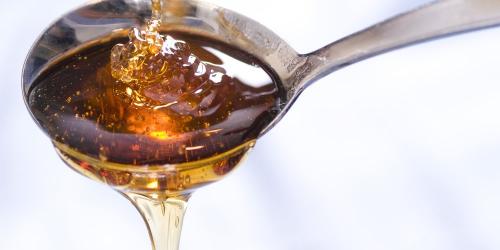In France and elsewhere in the world, beekeepers are sounding the alarm . Because of pesticides, insecticides or climate change, bees disappear over the years. On Thursday, June 7, 2018, several French beekeepers gathered in Paris, Lyon, Rennes, Tours, Laon, Strasbourg, Quimper, La Rochelle or Périgueux to denounce an "ecocide".
They called on the state and Emmanuel Macron to grant "an exceptional support plan to the affected beekeepers" and to guarantee "a viable environment for bee colonies and pollinators". Subsequently, the Ministry of Agriculture said to realize soon "a precise inventory of mortalities [bees], throughout the territory, via the decentralized government services" to "appraise the devices of 'most suitable accompaniment'.
This year, as of May, the mortality rate already exceeded the annual average. The first hives affected by this massive disappearance are located in Brittany. On the side of the Dordogne, 2,500 colonies died. The National Institute of Agricultural Research (INRA) has noted "an increase in mortality of 30% in 15 years".
Bees are irreplaceable
Bees feed on pollen and flower nectar. Without flower, no pollen. No pollen, no bee, and vice versa. It is then our fields, our forests and our orchards which will disappear in their turn.
Several pollinating robots are under development and experimentation. But for now, they can be a solution for a monoculture. The field of possibilities is thus considerably reduced. At present, bees are essential for the proper functioning of biodiversity.
If in France the disappearance of bees is important, in Canada it is even worse: half of them would have died in the spring, according to the association of beekeepers of Ontario. In the United States, the mortality rate of these insects was 39% in 2014, 42.1% the following year and 44% in 2016.
The gradual extinction of bees is not new. But these last figures worry more and more. According to the research department of the US Congress, "honeybees will be gone by 2035".
The neonicotinoids at the origin of this plague
At the beginning of June, 233 scientists from around the world gathered in Ottawa, Canada. Together, they published a report regarding the reasons for the extinction of these striped insects. Because of the neonicotinoids, pesticides used in agriculture to kill aphids and slugs, bees die every day. These chemicals reach pollen, seeds, soil, but also animals such as birds or other insects.
According to a British study published in 2016 and conducted for 18 years by seven researchers at the Center for Ecology and Hydrology Wallingford and Fera Science Limited, pesticides would lose their sense of orientation to bees and drones.
The bad weather this winter and the many diseases that have developed have not settled the situation.
To prevent the situation from becoming worse, beekeepers are calling for a ban on neonicotinoids. Since 2013, the European Union has already ordered the ban of some in the fields. Last April, three new products were on the list. But beekeepers are calling for more products to be taken off the market.
For some beekeepers, it's too much. The Aisne union filed a complaint on Friday, June 8, 2018 against Bayer, which bought Monsanto, producer of Round Up glyphosate. A honey seller would have found some in the production of one of its suppliers.




